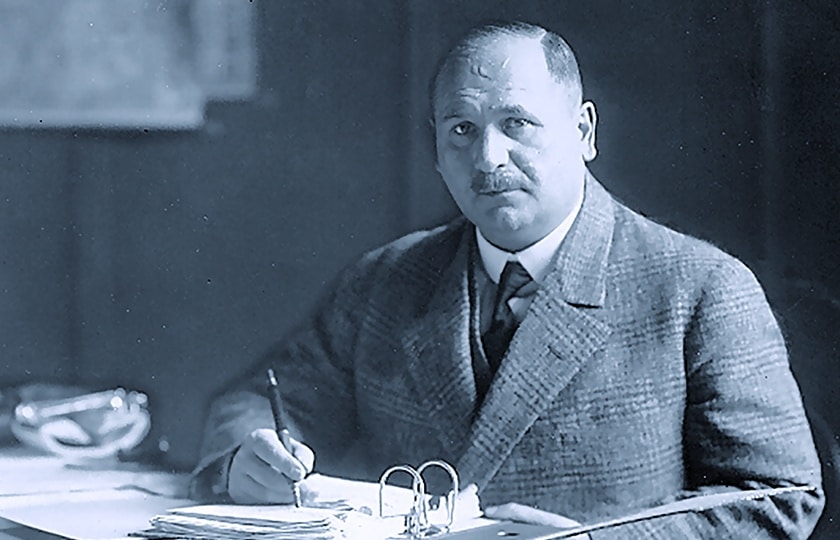Our mission is to better understand the function of communication for society and its transformation and, on this basis, to provide society with reflective knowledge and governance tools to shape this transformation in the interests of society.
Tasks and Goals
Research Area: Media-Mediated Public Communication
Nowadays, all areas of life are affected by the process of mediatization: politics, business, culture, education, law, religion and many more. The Institute’s research programs are dedicated to central aspects of this change. On the one hand, the focus lies on how society informs itself under these circumstances. On the other hand, the research concentrates on regulations structures that are emerging. In addition, the Institute uses impulses from practice and includes them in transfer research projects. Thus, the Institute contributes to the continuous observation and reflection of communicative fundamentals in society; at the same time, it helps shaping the media and communication landscape with its expertise. In addition, impulses from practice are taken up and implemented in transfer research projects.
Multidisciplinary Perspective
In its research, the Institute combines a variety of research disciplines: in the foreground stands the perspective of empirically underpinned social sciences, as well as jurisprudence focusing on processes of regulation. The combination of these two perspectives is one of the special characteristics, which distinguishes the Institute vis-à-vis other research organisations in Germany and abroad.
Independent Basic Research and Practice-Oriented Expertise
The Institute combines conducting long-term investigations based on research fundamentals with practice-oriented expertise in the service of politics, commerce and civil society. Our work is constantly committed to the yardsticks of excellence in research and to the fundamental principle of its independence.
Promotion of Young Scientists
The Institute makes a sustained contribution to promoting the next generations of researchers, especially in the doctoral phase and, thereby, works closely with Universität Hamburg and other institutes for training and further education in the city of Hamburg as well as other networks.
Widely Renown for Its Research
The Institute’s anchoring at one of Europe’s most important media locations and the thus possible close cooperation with political, economic and cultural actors in the sector contributed to the fact that in the more than 65 years of its existence the Institute has also been able to acquire a great reputation in the national and international research landscape. As early as 1999, the German Council of Science and Humanities emphasized the high level of this research and ranked the Institute among the most renowned specialist institutes in Germany. In 2007, the Council once again emphasized the Institute’s special position within media and communication studies in Germany.
Following an evaluation in 2017, the German Council of Science and Humanities voted on January 26, 2018 to admit the Hans Bredow Institute for Media Research to the Leibniz Association. The Council assesses the scientific quality of the Hans-Bredow-Institut and its structural relevance for the scientific system as “very good”, its supra-regional significance as “excellent”. I In 2019, the institute was accepted into the Leibniz Association and has since been known as the Leibniz Institute for Media Research | Hans Bredow Institute (HBI).
International Networking
International networking is a high priority in the Institute’s work. The Institute has established itself as a node in an international network of research institutions with cooperation projects at European and global level, the exchange of scientists as well as international conferences and special events.
Scientific journal M&K, Service and Transfer
The Institute offers important service functions for the communications and media studies in their entirety and for the wider public sphere with its library open to the public, regular publications, especially the special research journal Medien & Kommunikationswissenschaft [Media and Communication Studies]. These functions also include the communication of the status of research knowledge for journalism, politics and civil society in plain language.





